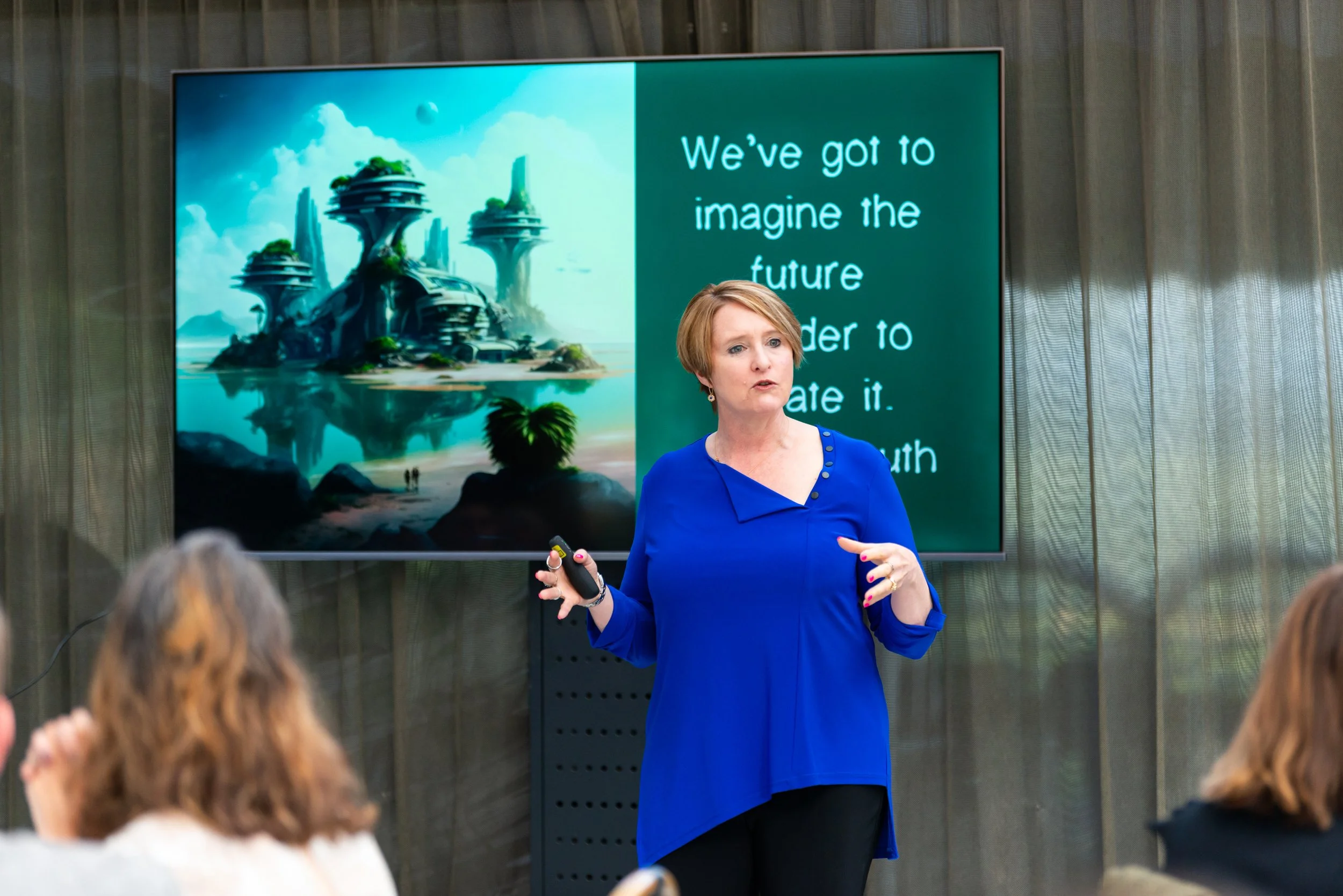They’re at it again. Door slams. Bickering. Tears in the office behind closed doors.
Why can’t people just get along?
As a leader it’s tiresome to contend with petty differences.
But they’re not petty to the individuals.
How to deal with difficult people at work
Chances are you’re spending a lot of time talking to each of them, separately, and able to take on both points of view. You can see how each feels hurt and offended by the other. They have different priorities, different ways of working, different values. Neither is above the other. Both are a bit in the wrong.
How do we walk two warring factions through the quagmire of dislike and disrespect?
Here’s what NOT to do:
Do the turtle. Pretending it’s not happening or that it will fix itself on its own is just not going to happen.
Do the gorilla. Bearing teeth and pounding chest to assert order and obedience rarely ends well.
Do the butterfly. Flit between the two of them trying to look good is just plain annoying.
It’s time to get real and earn your paycheck as a leader.
Sort yourself out first.
We all have a flight or fight tendency when it comes to conflict. Other people’s conflict can activate that in us too. So make sure you check your own emotional response. If you’re a flighter, you’ll need to step in and deal with it. If you’re a fighter, you’ll need to back away from the tendency to dictate outcomes. BREATHE.
Get emotions on the table.
Why are they fighting? Real or imagined insults and injury (to ego). If people are upset with one another largely it’s due to the following:
They did not respect me.
All complaints fall into that category:
They went over my head.
They talked over me.
Thy took credit for my work.
They used that ‘tone’.
They borrowed my pencil without asking.
They made demands without checking what else I had on.
They gave me that ‘look’.
They ignored me.
They ignored my suggestion.
They did not include me.
And so on.
Often the behaviours are interpreted as malicious intent. Sometimes that is true, most often not.
In any case, you need to name the feelings with each of them.
‘Sounds like you don’t feel respected.’ (substitute ‘respected’ with any of the more relevant - heard, appreciated, recognised, included, considered, understood)
Planning for peace - a leadership perspective
Ask some damn good questions of each of them, separately.
What would need to happen in order for you to feel respected?
What would need to happen in order for you to feel like this situation is resolved?
What may you have contributed to the situation?
How might you make amends or acknowledge this?
What else is not being said?
What do you want instead?
What will you do to help resolve the situation?
What should we do next?
How courageous do you feel to sit down with the other person and me and work towards a resolution?
What would help you feel more courageous?
What message do you want to be heard?
Are you willing to listen and paraphrase their point of view?
How would you like that meeting to end?
Get them in the arena.
It’s not time to put the gloves on, it’s time to get real.
State the intention for the meeting: we’re here to help each of you feel heard and respected, and to have a better working relationship.
Share perspectives. Paraphrase. Acknowledge. They each do that for each other.
Get them to each commit to new behaviours.
Agree to check in again as a trio within two weeks.
Put it in writing.
Summarise the agreement and send it to both of them.
Cross your fingers and do some yoga.
It’s over to them now. Keep an eye on what happens next. Check in with each of them.
You will need time to recover too! Make sure you take time to reflect and decompress.
How have you handle conflict? What worked well? What didn’t? What are your suggestions?
***
Related Articles:
Don’t make these feedback mistakes
How to avoid getting derailed in a difficult conversation
Secrets for surviving your new role
What happens when it all goes horribly wrong?
***
About the author, Canberra leadership expert Zoë Routh:
Zoë Routh is one of Australia’s leading experts on people stuff - the stuff that gets in our way of producing results, and the stuff that lights us up. She works with the growers, makers, builders to make people stuff fun and practical.
Zoë is the author of four books: Composure - How centered leaders make the biggest impact, Moments - Leadership when it matters most, Loyalty - Stop unwanted staff turnover, boost engagement, and build lifelong advocates, and People Stuff - Beyond Personalities: An advanced handbook for leadership. People Stuff was awarded Book of the Year 2020 by the Smart WFM Australian Business Book Awards.
Zoë is also the producer of The Zoë Routh Leadership Podcast.

